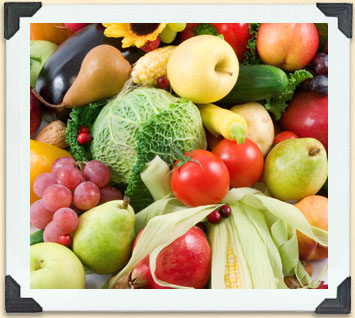The Keeper

Through pollination, bees play a central role in the production of foods that we eat.
© Dreamstime
Pollination
Bee pollination is needed for the production of about one-third of our food crops. When it comes to fruit, the number of bees visiting a plant affects the size, uniformity and amount of fruit it produces. Bee pollination also has an impact on other foods we eat, such as meat, since the animals we consume often eat plants pollinated by bees.
The value of bee pollination to Canadian agriculture is estimated at $1 billion per year (2001), which is about ten times greater than the value of honey produced over one year. Certain crops, such as apples, pears and blueberries, are highly dependent on bees for pollination.


